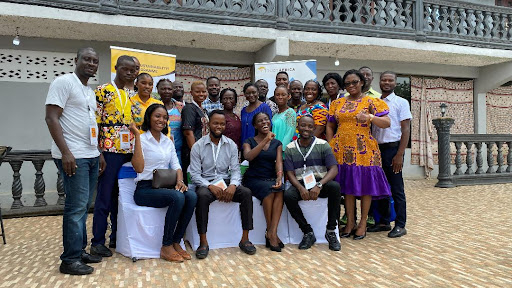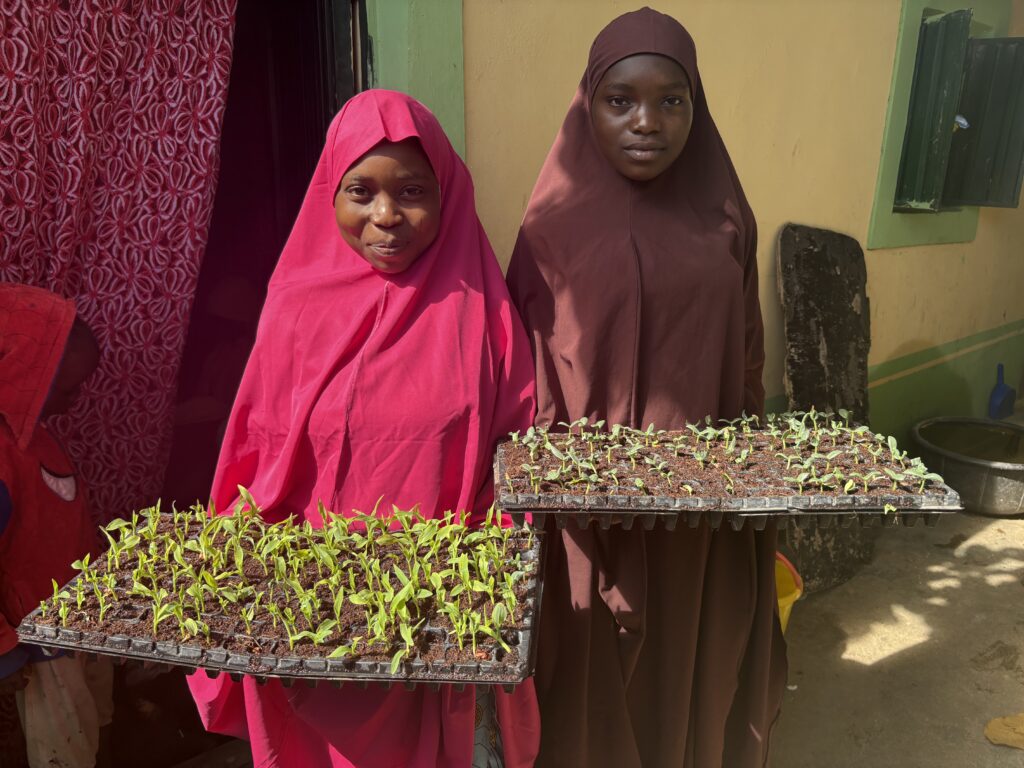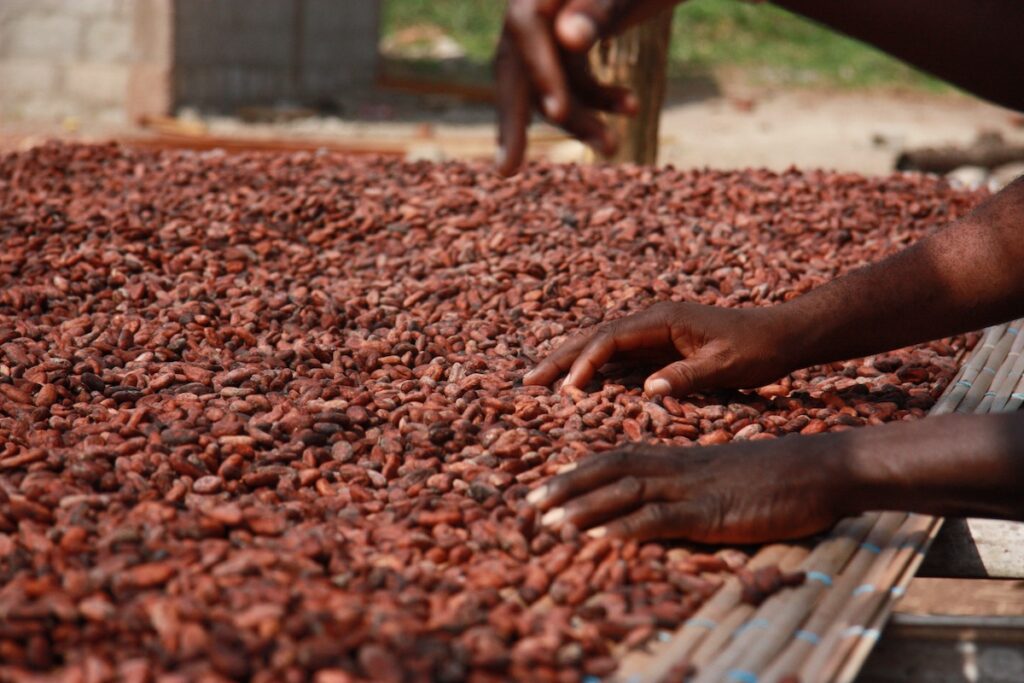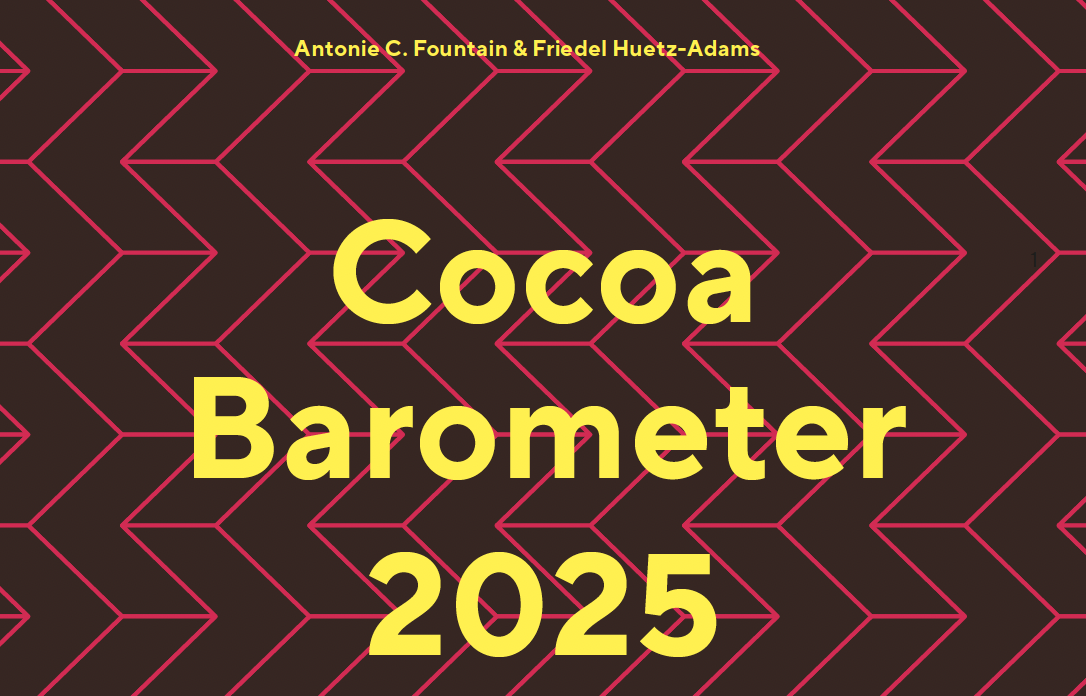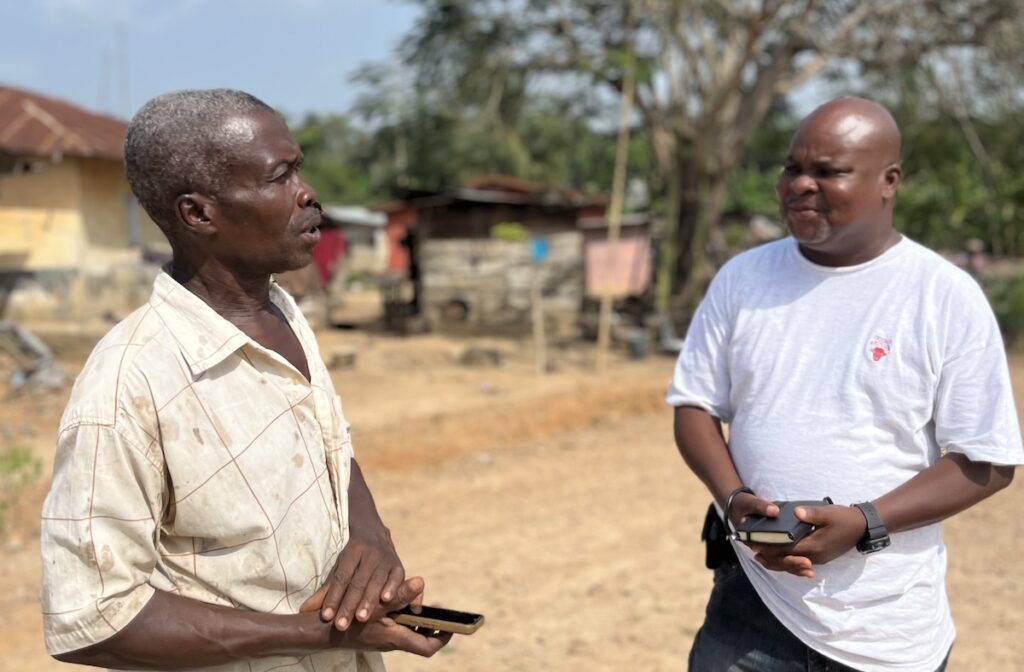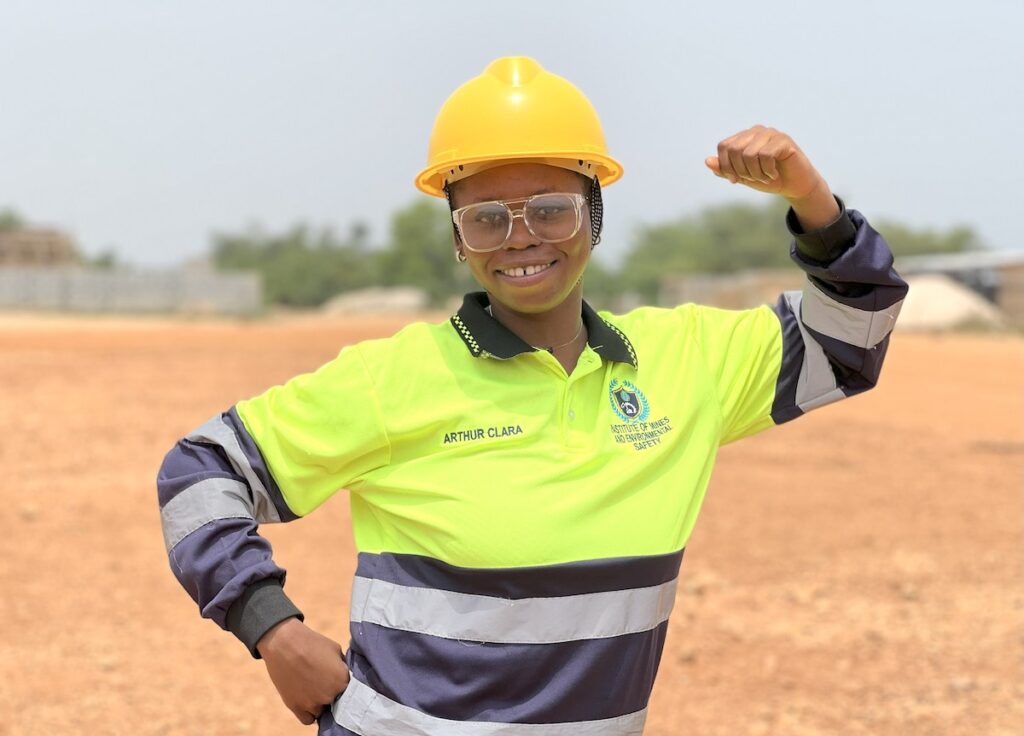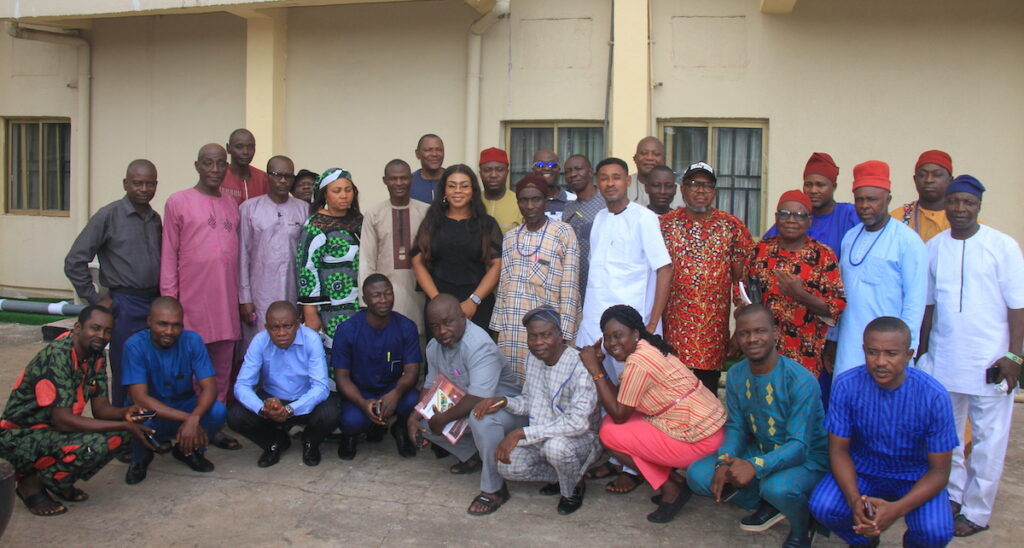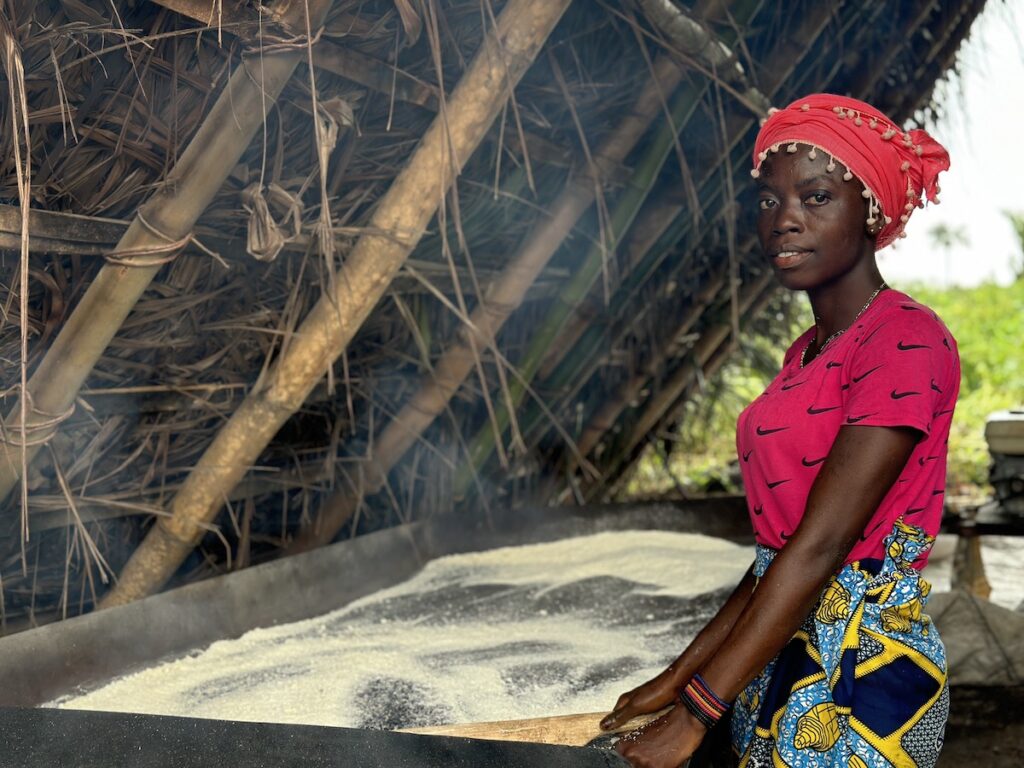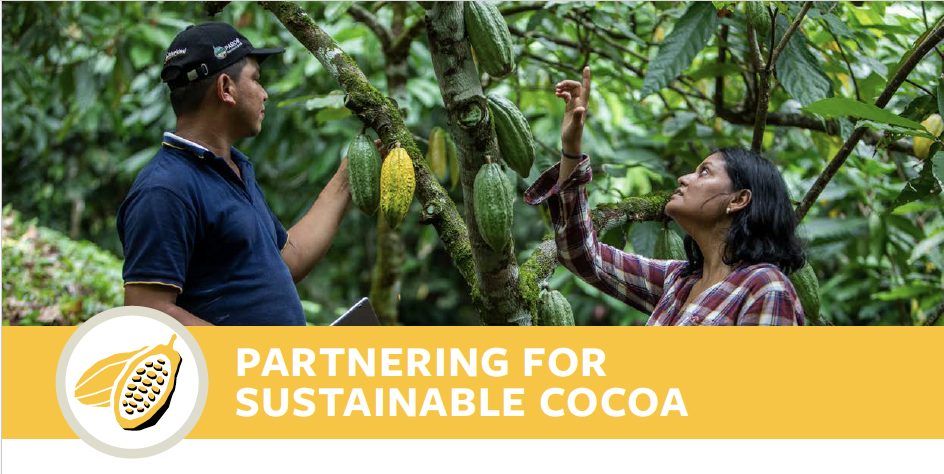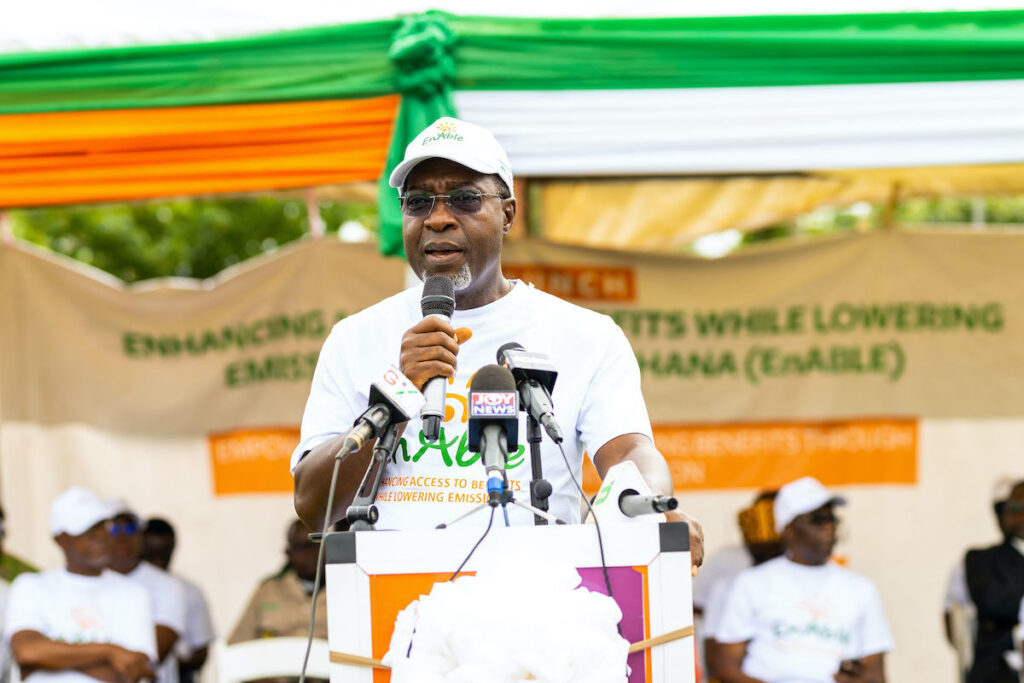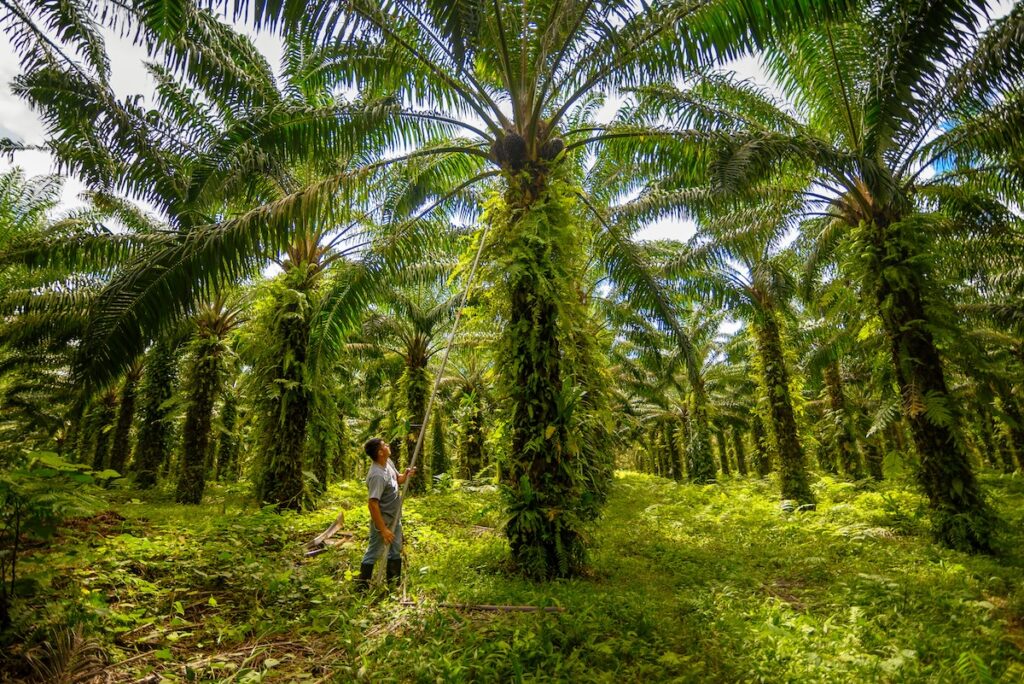The support is under the RECLAIM Sustainability! programme funded by the Dutch Ministry of Foreign Affairs, which seeks to amplify the voice and rights of farmers, workers and citizens.
Representatives from the Centre of Accountability and Rule of Law, National Association of Farmers in Sierra Leone, Women in the Media, WISE Africa, SEND Sierra Leone, and women leaders from farmer groups were trained to address the existing gaps and barriers affecting women, and to access opportunities within the sectors at a workshop.
In Sierra Leone, civil society, farmer cooperatives, women’s groups, and other groups in the oil palm and cocoa sectors have a critical stake in crafting and implementing inclusive policies that contribute to an enabling environment for their rights and interests.
Bethule Nyamambi, TrustAfrica programme manager, said the training was to equip women in leadership positions with the knowledge and tools to become gender advocates in their communities.
We want to strengthen the capacity of the local civil society organizations, while enhancing the skills, knowledge, and voice of the women farmers to advocate through inclusive dialogue and accelerate innovations and business solutions that will optimize their bargaining position and negotiating power.
Bethule Nyamambi, TrustAfrica programme manager
This will contribute to a sustainable oil palm and cocoa production, trade and resilient livelihoods for those in the value chains, especially women and small-scale farmers, she noted.
The organizations are expected to advocate, influence agendas and develop evidence-based solutions to address socio-economic and environmental gaps in the value chains.
Where civil society, small-scale farmers, women farmers, and other CSO groups could influence national policies, their voices are limited due to several constraints, which include the fragmented efforts of actors involved in engaging the government, and the lack of capacity to mobilize like-minded actors to enter into dialogue, coalitions, and propose new solutions in advocacy.
The need for capacity building was driven by previous engagement by Solidaridad and TrustAfrica to understand the level of women’s involvement and strength in advocacy activities around land rights and other challenges affecting women farmers in the two sectors.
Andrew Kojo Morrison, Programme Manager for RECLAIM Sustainability! at Solidaridad in Sierra Leone, noted that access and ownership of land for farmers, especially women, in the cocoa and oil palm sectors are a great challenge.
He encouraged the organizations to engage and sensitize women on Sierra Leone’s Cocoa Policy, the Gender Empowerment Bill and other relevant bills and policies to enable the women to better understand and advocate for their rights.
For his part, Seth Kankam Nuamah, regional coordinator for the RECLAIM Sustainability! Programme, said policies developed using the top-to-bottom approach become ineffective because smallholders and local communities whose livelihoods are affected and influenced by the policies are not involved in the formulation and decision-making processes.
Through the programme, Solidaridad seeks to ensure that the interests, voices and rights of farmers, workers and citizens are represented and heard in decision-making for sustainable use of natural resources, decent work, fair value distribution and sustainable consumption.
Seth Kankam Nuamah, regional coordinator for the RECLAIM Sustainability! Programme
The five-year programme, which started in 2021 and implemented by a consortium of six Solidaridad Regional Expertise Centers and three external consortium partners, would increase sustainable consumption and use of natural resources by citizens, and contribute to an inclusive sustainable value chain and trade in an innovative way.
In West Africa, the programme is also implemented in Ghana, Cote d’Ivoire and Sierra Leone by Solidaridad and Trust Africa, as well as local civil society organizations.

